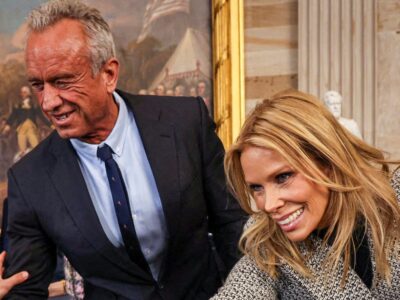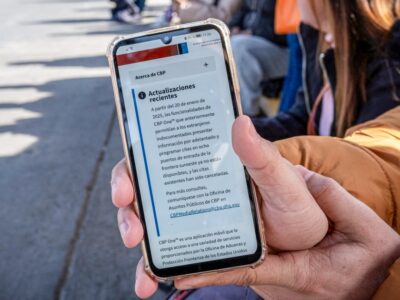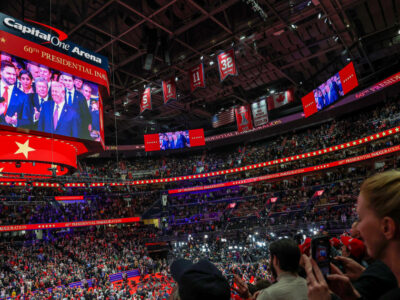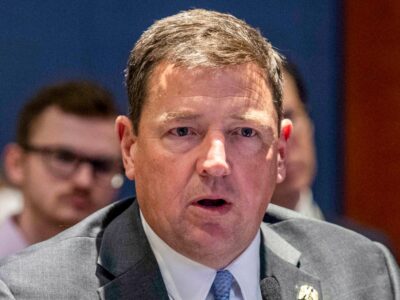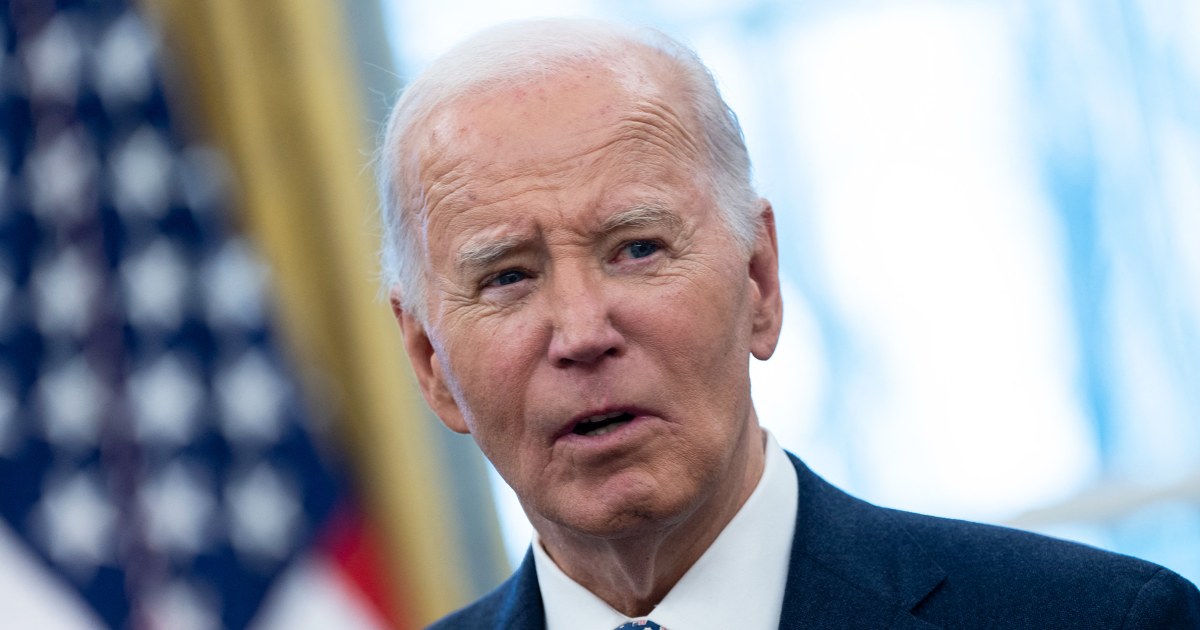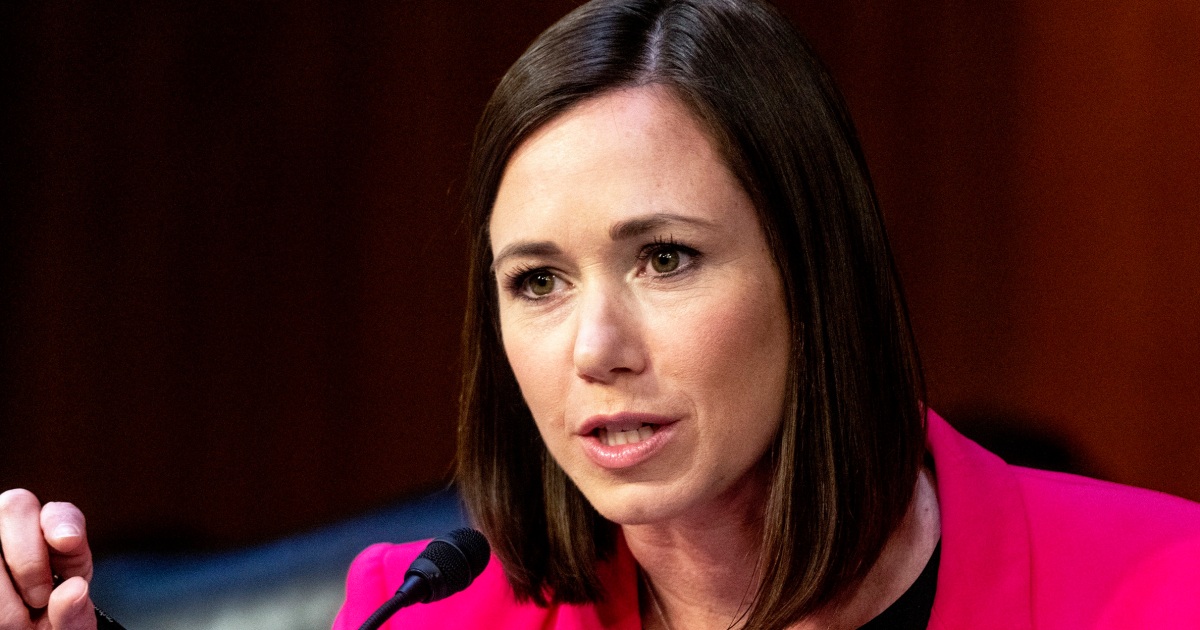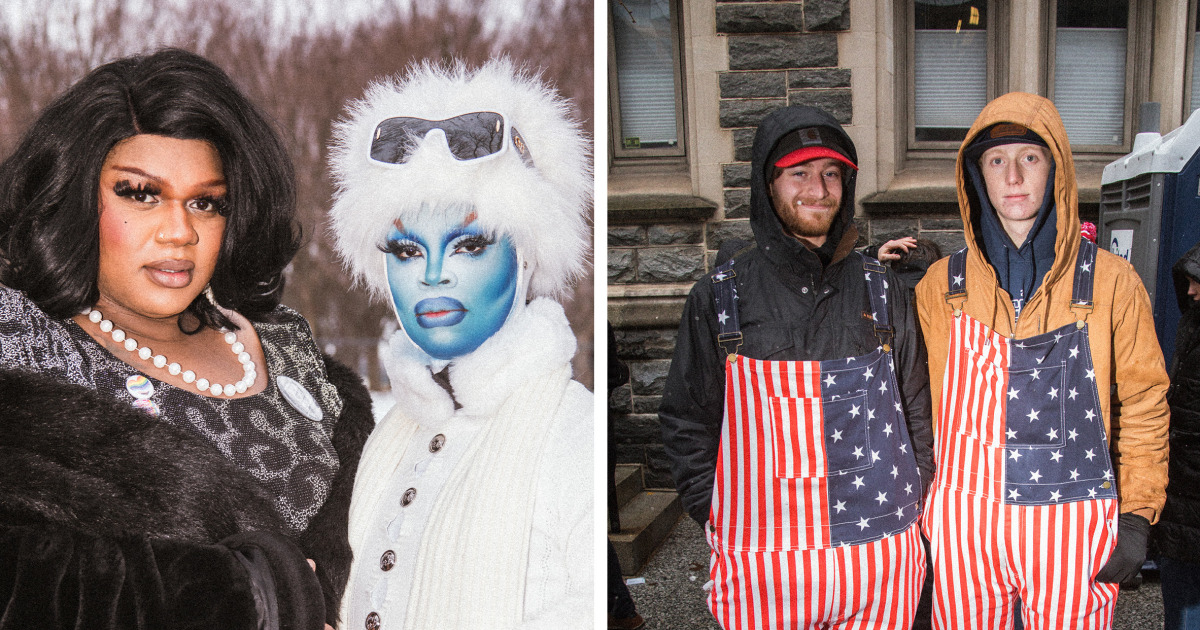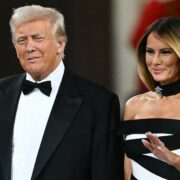
In early February 2017, just as Donald Trump was settling into the White House, the University of Chicago’s Institute of Politics snagged a special guest for an event: JD Vance. His bestselling book Hillbilly Elegy had been published the previous summer, and in the aftermath of Trump’s victory, Vance was widely seen in political and media circles as someone who could explain Trump’s surprising win and the Americans who had supported the former reality TV star. As part of IOP’s series called “America in the Trump Era,” journalist Alex Kotlowitz posed questions to Vance, who at that point was positioning himself as a center-right public intellectual who, as an Appalachian native, had emerged from Trump land and could be a guide for those mystified by Trump’s success.
In a newly uncovered video from 2017, JD Vance says, “Some people who voted for Trump were racists, and they voted for him for racist reasons.” He goes on to say that the alt-right and Steve Bannon—but not Trump—helped make the 2016 election “hyper-racialized.” pic.twitter.com/pPlJ7uNW5h
— Mother Jones (@MotherJones) July 29, 2024
Kotlowitz began with queries focused on the book. Then he shifted to the 2016 election and asked Vance, “Where do you think race played into all this? Because I think the sort of myth is that all these Trump supporters are vehement racists and anti-immigrant. And so where do you think it played?”
Vance replied:
Race definitely played a role in the 2016 election. I think race will always play a role in our country, It’s just sort of a constant fact of American life. And definitely some people who voted for Trump were racists, and they voted for him for racist reasons.
Vance was unequivocal on this point: an undetermined amount of Trump voters were racists.
But he added that he did not believe that racial animus motivated all of Trump’s voters and that he thought the country had become less racist:
I always resist the idea that the real thing driving most Trump voters was racial anxiety or racial animus, partially because I didn’t see it. I mean, the thing that really motivated people to vote for Trump, first in the primary and then in the general election, was three words: jobs, jobs, jobs. Right?… And so it strikes me as a little bizarre to chalk it up to sort of racial animus because, one, the country is less racist now than it was 15 years ago, and we weren’t electing Donald Trump 15 years ago. And, two, that wasn’t the core part of his message and that wasn’t what a lot of his voters were really connecting with.
Still, Vance conceded that the 2016 election had been “hyper-racialized.” Yet he didn’t blame Trump or his electorate for that. Instead, he pointed a finger at extremists within the conservative movement.
There were all these alt-right people, and I’m in an interracial marriage, and I got a lot of stuff directed at me and my wife on online message boards and Twitter and so forth. So I definitely buy this was a racialized discourse unlike any that we’ve had in a really long time. But I don’t blame Trump’s voters for that. The people that I blame for that are actually typically well-educated coastal elitists, people like [avowed white nationalist] Richard Spencer and the alt-right. It’s telling that the alt-right is driven by primarily very well-educated, relatively smart, relatively stable people. It’s not driven by people in the Rust Belt who go on 4chan and talk about Michelle Obama in these really nasty ways. It’s 2,500, I mean whatever the number of people is, I’ve heard estimates up to like 100,000. But these are people who are really well educated and are cognitive elites in their own weird way.
“Like Steve Bannon?” Kotlowitz asked. Vance replied, “Right.”
Vance did not spell out how Bannon and this small band of conservatives had injected racism into the 2016 campaign. (In 2016, before Bannon joined Trump’s campaign as a strategist, he was running Breitbart News and referred to it as the “platform for the alt-right.”) But it was odd that Vance held only the alt-right responsible, rather than Trump, whose rhetoric had appealed to racists and other extremists.
Vance also noted that he was no fan of the “Muslim ban” that Trump proposed during the 2016 campaign: “As soon as he talked about a Muslim ban, all of a sudden a lot of voters actually supported the idea of a Muslim ban. I just don’t think that’s surprising because, again, people follow the rhetoric of their politicians. And so I did worry about that. I continue to worry about that.”
Vance’s remarks at the IOP event were in keeping with his general stance at that time. He was a moderate Never Trumper who had told NPR in 2016 that Trump was “leading the white working class to a very dark place.” He had written that Trump was “cultural heroin.” Privately, he had compared Trump to Hitler.
Vance was walking a fine line those days. He was a Trump critic but wouldn’t go too far in blasting Trump in public. His value was his ability to interpret Trump and his voters for those puzzled by Trump’s win. And he often talked about the need to respect Trump voters.
But on this occasion, Vance acknowledged that a portion of Trump’s base was comprised of racists. And he slammed the alt-right, a slice of the conservative movement long accused of racism that had enthusiastically embraced Trump.
These days, Vance, now a Republican senator from Ohio and Trump’s running mate, is fully aligned with the extreme far right (including whatever remains of the alt-right) and Bannon, the imprisoned former Trump aide who serves as an informal strategist and cheerleader for the Trump movement. It’s inconceivable that Vance would now characterize a chunk of Trump’s voters as racists or badmouth Bannon and his followers. That’s not because the dynamics of Trump’s electorate have changed. It’s because Vance has.

